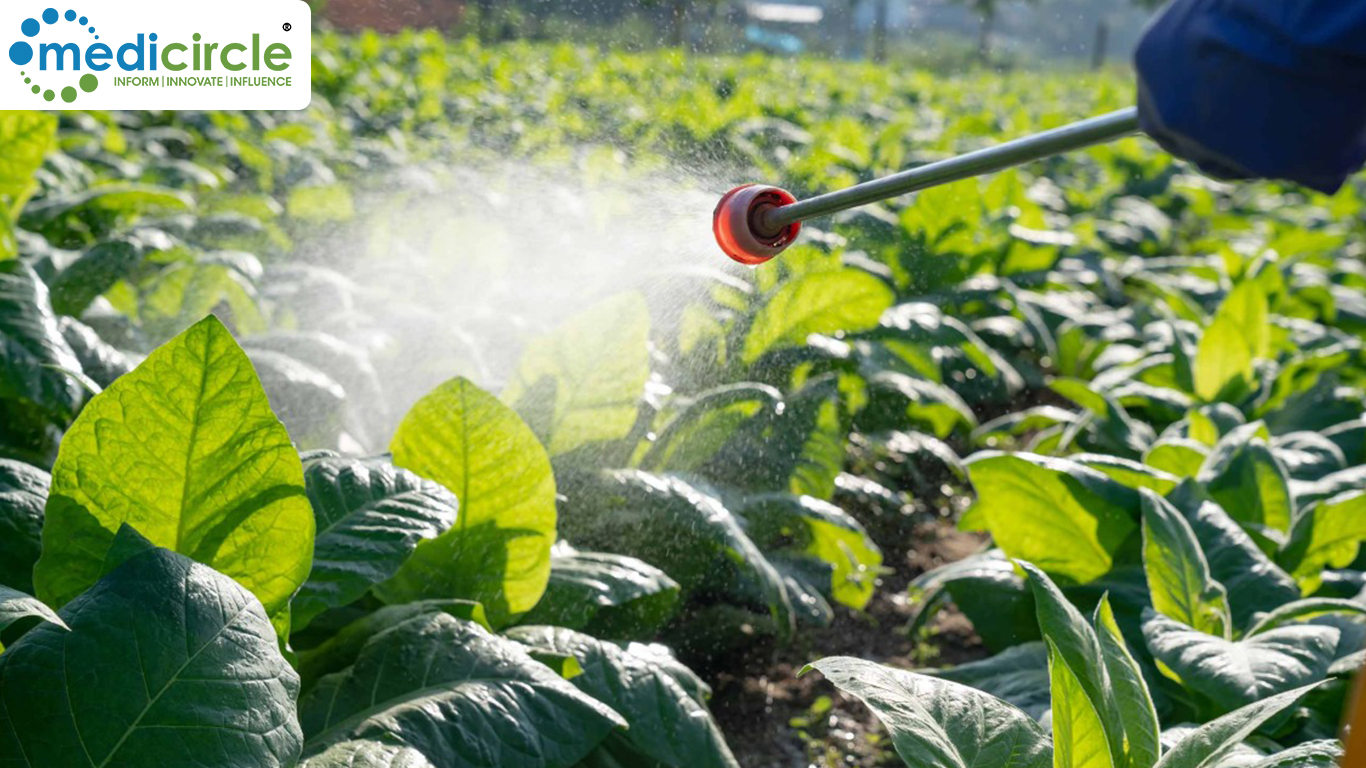Recent research from the Mel and Enid Zuckerman College of Public Health and the Southwest Environmental Health Sciences Centre has brought to light some troubling findings regarding pesticide exposure during pregnancy. This study, published in the American Journal of Epidemiology, reveals a significant link between exposure to certain pesticides, especially organophosphates, and an increased risk of stillbirth when exposure occurs during the first trimester of pregnancy or within the 90-day period before conception.
The study titled "Pesticide Exposure During the First Trimester and Its Associations With Stillbirth" was led by Dr. Melissa Furlong, an environmental epidemiologist and assistant professor at the Zuckerman College of Public Health. According to Dr. Furlong, specific pesticide ingredients showed a strong correlation with stillbirth risk, suggesting that individual chemical compounds may pose unique threats to maternal and fetal health. The study emphasizes the importance of examining each pesticide's effects rather than just categorizing them by class.
Researchers linked pesticide usage data in Arizona with birth records spanning from 2006 to 2020, covering over 1.2 million births and 2,290 stillbirths. They discovered that living within 0.31 miles (500 meters) of areas where certain pesticides were applied significantly increased the risk of stillbirth. This risk was particularly high when exposure occurred during the 90 days before conception or during the first trimester.
The study identified several pesticides linked to an elevated risk of stillbirth. For instance, exposure to the organophosphate acephate during the first trimester doubled the risk of stillbirth. Similarly, exposure to the pyrethroid cyfluthrin in the 90 days before conception was nearly as dangerous. Other pesticides associated with increased stillbirth risk included malathion, carbaryl, and permethrin, among others.
Pesticides are chemicals designed to control pests and are commonly used in agriculture, households, and various other settings. The main pathways of exposure for most people include diet, household products, agricultural drift, and occupational exposure. This study highlights that even proximity to pesticide application areas can be a significant risk factor for pregnant women and their developing fetuses.
Pregnancy is a time of significant physiological change, making women particularly vulnerable to the harmful effects of pesticides. These changes include an increased metabolic rate, fluctuating hormone levels, and an altered immune system. The developing fetus is especially sensitive to toxic substances during this critical period of growth, which can lead to adverse outcomes like stillbirth.
The Need for Caution and Further Research
While the study focused on specific pesticides, the researchers caution that other chemicals not included in the study might also pose risks to maternal and fetal health. The findings underlines the urgent need for further research to fully understand the safety profiles of various pesticides and the mechanisms through which they may cause stillbirths.
Dr. Furlong and her colleagues emphasize that this research should serve as a wake-up call for developing strategies to reduce exposure to harmful pesticides, particularly for women who are pregnant or planning to conceive. Protecting maternal and fetal health must be a priority, and this means not only regulating pesticide use more strictly but also educating the public on the risks associated with exposure.
This study shines a light on the hidden dangers of pesticide exposure during pregnancy, highlighting the need for greater awareness and precautionary measures. For women who are pregnant or planning to conceive, avoiding exposure to certain pesticides could be crucial in reducing the risk of stillbirth and other adverse pregnancy outcomes.
As a society, we must prioritize the health and safety of mothers and their unborn children. This includes pushing for stricter regulations on pesticide use, promoting research into safer alternatives, and ensuring that the public is informed about the potential risks associated with pesticide exposure. By taking these steps, we can work toward a future where pregnancy is safer and healthier for all.

 For women who are pregnant or planning to conceive, avoiding exposure to certain pesticides could be crucial in reducing the risk of stillbirth and other adverse pregnancy outcomes.
For women who are pregnant or planning to conceive, avoiding exposure to certain pesticides could be crucial in reducing the risk of stillbirth and other adverse pregnancy outcomes. 










.jpeg)

.jpeg)










.jpg)




.jpg)

